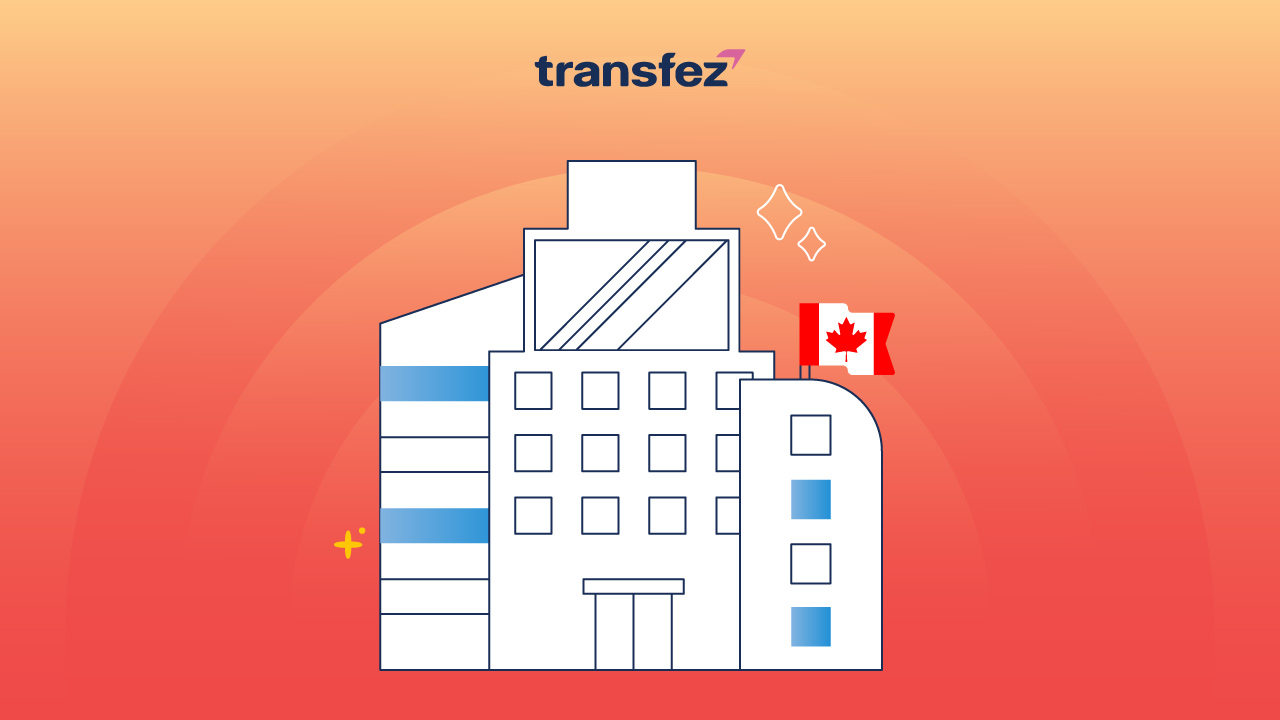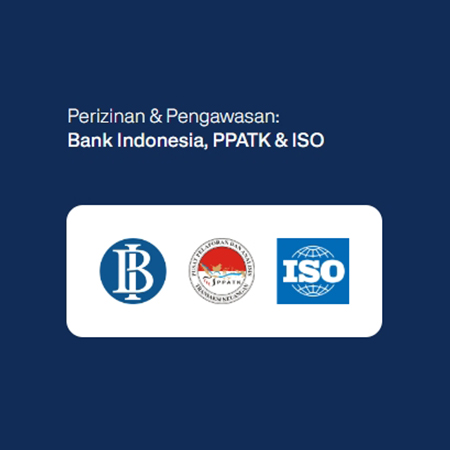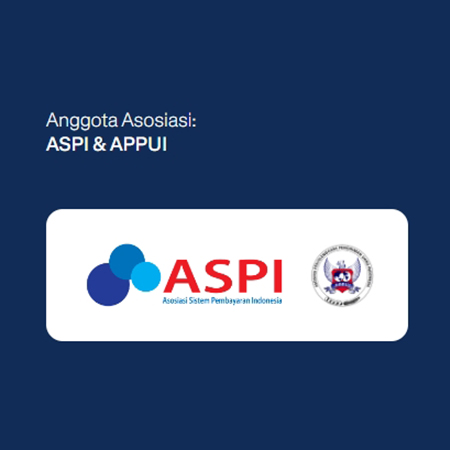
Amidst rapid technological advancements, the way Canadians work has undergone a significant transformation. The digital era has opened up new opportunities for flexible work, including from home or any location with an internet connection. The recent pandemic accelerated the adoption of remote work models, and now many Canadian companies believe that productivity does not always depend on physical presence.
7 Recommended Popular Professions in Canada

According to Statistics Canada, in the second quarter of 2024, although Canada has historically faced labor shortages in some sectors, recent reports indicate a decrease in job vacancies and an increase in the unemployment rate. However, some sectors are still experiencing labor shortages. Programs like the Temporary Foreign Worker Program (TFWP) continue to play a crucial role in filling these gaps.
Here are some recommended professions for foreign workers that still have potential in Canada.
1. Data Analyst
As one of the most sought-after fields in the big data era, data analysts play a crucial role in helping companies make informed decisions. This popular profession in Canada is responsible for analyzing raw data to identify trends, patterns, and insights that can improve business strategy. Demand for data analysts continues to rise, especially in the e-commerce, fintech, and healthcare sectors.
Their main tasks include extracting and cleaning data using tools, creating data visualizations, and compiling analysis reports that are easy for management to understand. They need skills in statistics, quantitative analysis, and programming languages like Python/R and SQL. Their income is around CAD 60,000–80,000 per year. This job relies entirely on cloud-based software and virtual communication, allowing data analysts to work from anywhere.
2. Software Developer
Canada’s technology industry has grown rapidly, making software development a top profession. Developers are responsible for designing applications, operating systems, or digital solutions that meet user needs. Startup companies in Toronto and Vancouver often seek talent to develop innovative products.
Their tasks include designing software architecture, writing program code, testing applications, and collaborating with design and project management teams via platforms. Developers can access cloud servers, use collaboration tools like Slack or Microsoft Teams, and share code through GitHub repositories without needing to be in the office. The salary for this profession is in the range of CAD 71,000–99,000 per year.
3. Cybersecurity Specialist
This popular profession in Canada has become highly strategic. Cybersecurity specialists protect a company’s digital infrastructure from threats like hacking, malware, and data leaks. In Canada, the finance, healthcare, and government sectors constantly need experts in this field.
Their work involves auditing system and network security, installing firewalls, and designing security incident response protocols. Much of the work, such as system monitoring and log analysis, can be done remotely through cloud-based security management platforms. A Cybersecurity Specialist’s income is CAD 80,000–110,000 per year.
4. Content Creator
The popularity of social media like YouTube, Instagram, and TikTok has created great opportunities for content creators. Those who are creative and understand digital trends can succeed by producing videos, articles, or visual designs to promote brands or products.
A content creator’s main tasks are designing engaging and relevant content concepts, editing videos with software like Adobe Premiere or DaVinci Resolve, and interacting with audiences to build a loyal community. This job can be done remotely from anywhere as long as you have the right devices and an internet connection. Their income is around CAD 50,000–80,000 per year (depending on sponsor collaborations).
5. UI/UX Designer
UI/UX designers focus on the user experience (UX) and visual interface (UI) of applications or websites. In Canada, technology companies are increasingly recognizing the importance of intuitive design to retain users.
A UI/UX designer’s main tasks include creating wireframes and design prototypes, conducting user research, and collaborating with developers for implementation. This profession requires proficiency in tools like Figma, Adobe XD, or Sketch and an understanding of responsive design and accessibility principles. Their income is around CAD 65,000–90,000 per year.
6. Cloud Computing Specialist
As companies move to cloud services like AWS or Google Cloud, cloud computing specialists are in high demand. They are responsible for managing digital infrastructure that is scalable and secure, as well as optimizing data storage in a cloud environment. The total income for this profession is CAD 80,000–120,000 per year.
7. Web Developer
Web developers are a popular profession in Canada. Websites remain a critical asset for businesses, and web developers are responsible for designing and maintaining sites that are functional, responsive, and SEO-friendly.
Their tasks include building the front-end with HTML/CSS/JavaScript, developing the back-end using PHP, Node.js, or Python, and optimizing the website for speed and performance. Their salary is CAD 60,000–90,000 per year.
Read Also These are the Most Popular Professions in Iceland with High Salaries
Obtaining a Work Permit in Canada: Requirements and Process

To work legally in Canada, most foreign workers go through two main stages: a temporary work permit and then, if eligible, permanent resident status. This process is designed to ensure that the entry of foreign workers benefits the Canadian labor market.
Stage 1: Temporary Work Permit
A temporary work permit is the first step for most workers. For the application to be processed, a Canadian company must first obtain a Labor Market Impact Assessment (LMIA) from the government. The LMIA is a document that confirms there are no qualified Canadian citizens or permanent residents available to fill the position.
After a positive LMIA is obtained, the company can send an official job offer to the candidate. With a positive LMIA and a job offer, the candidate can apply for a temporary work permit. This process may include an interview with a visa officer, who will assess whether the job will negatively impact the employment opportunities of Canadian citizens and whether the candidate is truly qualified.
Stage 2: The Path to Permanent Residency
After working in Canada for one year or more with a temporary work permit, a foreign worker can consider applying for permanent residency through the Express Entry system. This is a points-based system used to manage applications from skilled workers. Candidates are assessed based on the Comprehensive Ranking System (CRS).
General requirements for an Express Entry application include:
- A valid passport.
- An Educational Credential Assessment (ECA) to verify the equivalence of foreign education.
- Official language test results (English and/or French) from an approved institution, such as IELTS or CELPIP.
- Proof of work experience.
- A Police Certificate.
- Proof of sufficient funds to support oneself in Canada.
Recent Updates and Additional Considerations
- Program Categories: Express Entry has three main programs: the Federal Skilled Worker Program, the Federal Skilled Trades Program, and the Canadian Experience Class. The most relevant category for temporary workers is the Canadian Experience Class, which is designed specifically for those with work experience in Canada.
- LMIA-Exemptions: Not all jobs require an LMIA. Some professions or specific schemes (such as free trade agreements) are exempt from this requirement.
- Provincial Nomination: If a candidate receives a nomination from one of Canada’s provinces, they will receive significant additional points in the CRS, which can drastically increase their chances of receiving an invitation to apply for permanent residency.
Overall, the Canadian work immigration process is highly structured, starting with a temporary permit and leading to potential permanent status, with a strong focus on work experience, education, and language skills.
Staying Financially Connected While Living Abroad
Planning to build your career abroad but unsure how to manage international money transfers? No need to worry.
Download the Transfez App
The Transfez app helps you send money overseas quickly, efficiently, and cost-effectively. Jack Finance also supports cross-border transactions for businesses. Whether you’re sending money to loved ones abroad for education, work, or travel, Transfez is ready to help. Available on Android and iOS.










